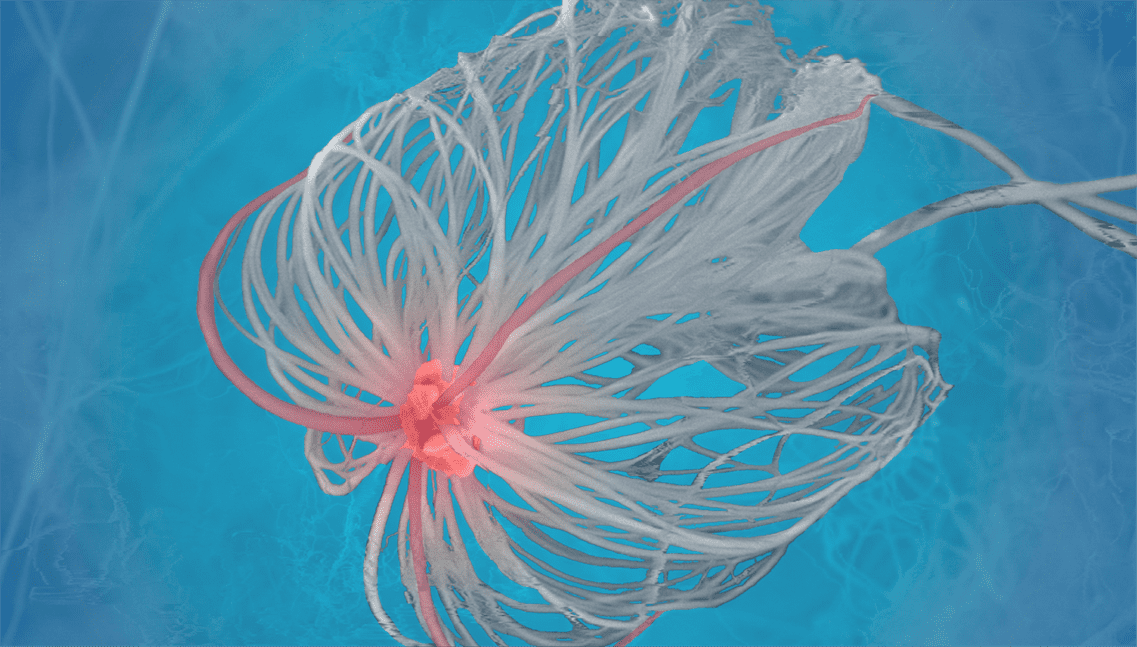This area of physics is concerned with studying the properties of the condensed phases of matter, particularly the solid and liquid states, following the principles of quantum mechanics, electromagnetism, statistical mechanics and, at the macroscopic level, thermodynamics. There is a direct connection between theoretical and experimental discoveries in this area of physics and the consequent technological applications, mainly in the fields of microelectronics, materials engineering and, more recently, nanotechnology. The UC Institute of Physics is a national and international benchmark in the theoretical and experimental study of condensed matter physics.
ON THIS PAGE
Description
The Theoretical Condensed Matter Group is one of the oldest within the UC Faculty of Physics. Theoretical research is currently being conducted on a variety of systems, both inside and outside of thermal equilibrium. It seeks to characterize the dynamics and stability of collective properties in discrete systems, such as atomic lattices in novel materials such as graphene and carbon nanotubes.

Questions this area strives to answer
Theoretical research is currently being carried out on a variety of systems, both inside and outside thermal equilibrium. Numerical and analytical methods are used, such as Langevin simulations, approximations to the Fokker-Planck equation, variational approximations, continuum and quasi-continuum approximations, Boltzmann equations and multiscale theories.
The mechanisms of electronic transport, thermal and thermoelectric effects in nanostructures such as quantum dots, nanotubes, graphene sheets and ribbons are also studied. Models based on the application of the Keldysh formalism in far-from-equilibrium quantum field theory are developed to obtain transport coefficients in highly correlated electronic systems, in and out of the linear response regime.
Theoretical analyses are carried out in conjunction with experimental research on nanoscopic systems for the creation of sensors with high sensitivity and on nanoscale spatial resolution for quantum information processing.
Research Area